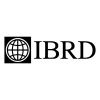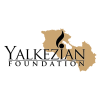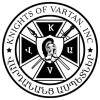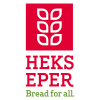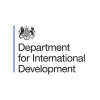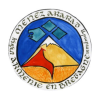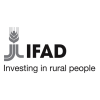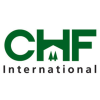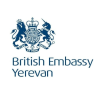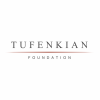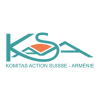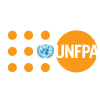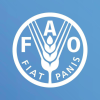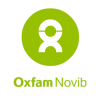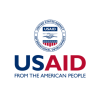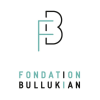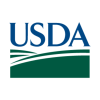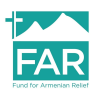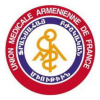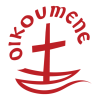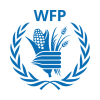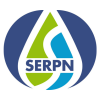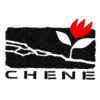Armenia's Legislative Reform Challenges
In Armenia, the legislative system is undergoing transformation towards democratic principles and internationally accepted values. However, gaps still hinder progress, impacting the economic growth of rural communities and fostering disengagement, particularly among the youth. At Shen NGO, we are actively engaged in lobbying and advocacy efforts to drive legislative enhancements and foster a conducive environment for rural development.
Our Current Mission
We are committed to identifying and addressing deficiencies within the legislative framework of the agricultural sector in Armenia. To achieve this, we conduct a range of targeted activities:
Engaging in lobbying and advocacy campaigns through collaborative workshops, public debates, and media events to bring pertinent issues to the forefront and advocate for policy reforms outlined in our policy papers.
Hosting conferences and round table discussions involving key stakeholders such as governmental bodies, educational institutions, media, and CSO coalitions to facilitate constructive dialogues and advocate for progressive legislative changes.
Developing detailed policy papers with strategic recommendations.
Providing technical support and consultancy to governmental entities to assist in drafting amendments to existing laws and regulations.
Specific Objectives
Facilitate the establishment of an agricultural extension service in Armenia.
Advocate for governmental support enabling small farmers to access agricultural loans more easily.
Lobby for the implementation of a land consolidation program to enhance the efficiency of agricultural production in Armenia.
Lobby for effective irrigation water management.
Achievements
Legislative Reforms
In our advocacy endeavors, Shen NGO has successfully influenced key legislative changes, including amendments to:
Government Decrees and Initiatives
Shen NGO played a pivotal role in advocating for the following state interventions:
Securing support for the establishment of intensive orchards and berry farms, alongside favorable credit terms to promote the cultivation of traditional valuable crops like apricots, peaches, and vineyards (RA Government Order on Approving the Second Measure to Neutralize the Economic Consequences of the Coronavirus).
Extending repayment and grace periods for loans in the Agri-processing sector to facilitate agricultural raw material procurement.
Improvement of the State Program on Agricultural Insurance
The list of insured crops and geographical coverage was expanded under the initiative “State assistance a pilot project implementation to introduce insurance system to the agricultural sector" in 2021. Additionally, an option was introduced to defer the payment of insurance premiums. This provision enabled farmers with limited solvency to enter into insurance agreements and defer their payments until a later date, aligning with the income generated from crop sales.
Forest Restoration Advocacy
Notably, Shen NGO actively supported forest restoration efforts in Armenia. Through collaborative initiatives with like-minded organizations, such as "Armenia Tree Project" and "My Forest Armenia," the NGO spearheaded lobbying efforts for the creation of a task force to map out areas for afforestation. Subsequently, a working group was formed by government decree (decision N 879-A, August 30, 2023) to oversee effective forest restoration practices, with engagement from various stakeholders and industry experts.
Advocacy of Agroforestry as an Innovative Approach
Lobbying for the recognition of agroforestry as a sustainable land management concept, which strongly contributes to the restoration of ecosystem services, while at the same time enabling farmers to generate an income from the very first year of establishment, Shen NGO strongly supported the integration of agroforestry in the forest strategy (Government of the Republic of Armenia 2023 Forest Policy, Strategy and National Plan of Actions).
In addition Shen NGO's suggestions for inclusion of the agroforestry concept in the context of agrobiodiversity, but also with respect to connectivity, were also integrated in the first draft of Armenia's biodiversity strategy in March 2023.


